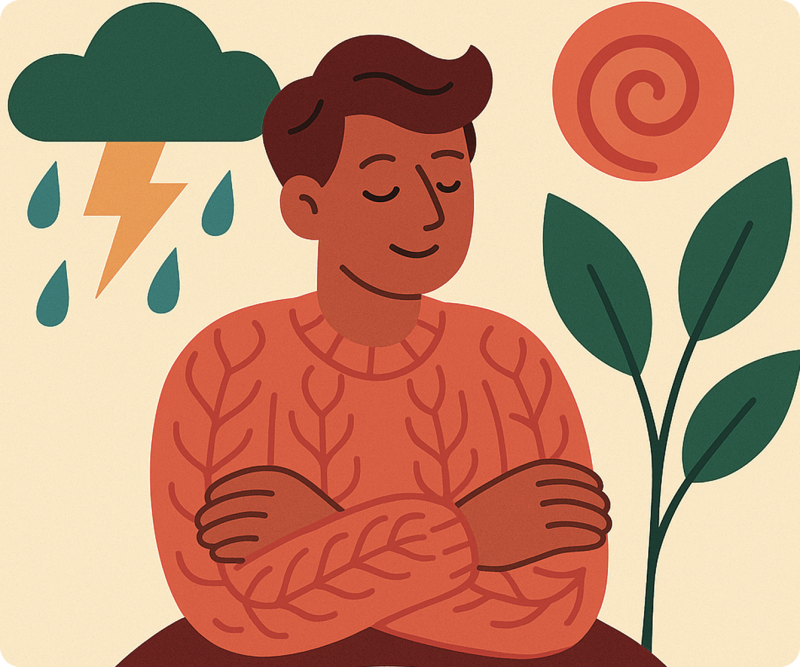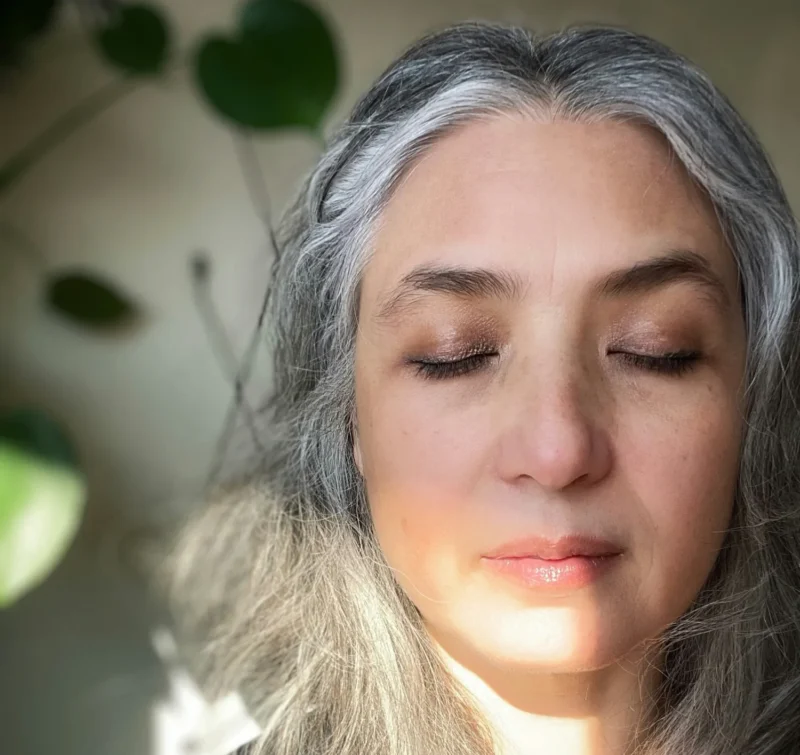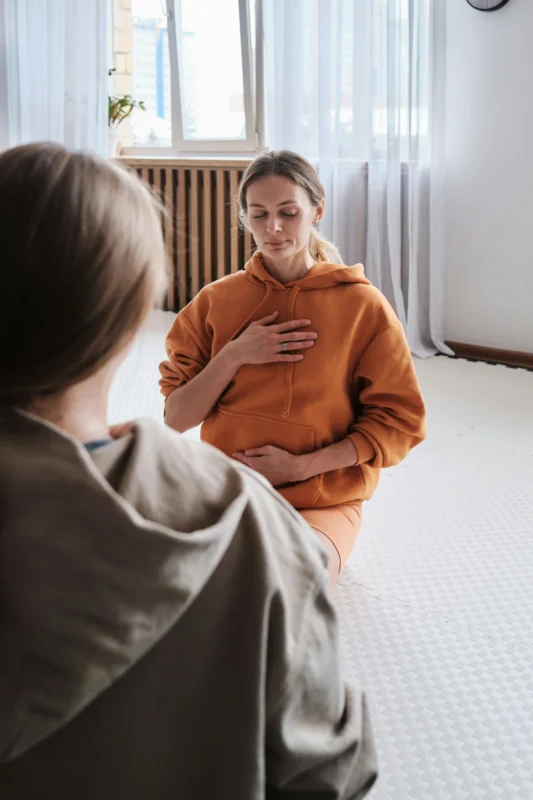
Addiction
Addiction is the compulsive or persistent use of a substance or behaviour despite negative or harmful consequences. It can take many forms—such as substance use (alcohol, drugs, prescription medication), gambling, overworking, disordered eating, excessive use of the internet or gaming, shopping, social media, or other avoidant or self-sabotaging behaviours. It’s not always easy to identify when a habit has crossed the line into addiction. For many, addictive behaviours begin as coping mechanisms to manage stress, anxiety, or emotional pain. Over time, these behaviours can become difficult to control and may cause significant disruption to your relationships, work, finances, or physical and mental health. While addiction can feel isolating and overwhelming, it is treatable. With the right support, change is possible.
Common signs & symptoms
Addiction can look different for everyone, but common signs that support may be needed include:
- Repeated, unsuccessful attempts to control, reduce, or stop the behaviour
- Failing to meet work, social, or family commitments due to the behaviour
- Spending a large amount of time planning, engaging in, or recovering from the behaviour
- Continuing the behaviour despite loss of relationships, finances, work, or health
- Using the behaviour to cope with emotional instability, anxiety, or depression
- Concealing, minimising, or making excuses about the behaviour
- Neglecting or reducing previously valued activities
- Engaging in the behaviour in risky or unsafe conditions
If you recognise one or more of these symptoms in yourself or someone close to you, psychological support can help you regain control.
What causes Addiction?
There is no single cause of addiction—it is often the result of a complex interplay of factors. Several different models offer insight into how addiction develops:
- Biological factors – Some people may have a genetic or neurological predisposition to addiction.
- Psychological factors – Underlying issues such as trauma, low self-esteem, anxiety, or depression may contribute.
- Social and environmental influences – Family dynamics, peer behaviour, or exposure to stress or neglect may play a role.
- Learned behaviour – Some addictions are reinforced through repetition or modelled behaviour over time.
The biopsychosocial model integrates all these perspectives, acknowledging that addiction often stems from a combination of biological, psychological, and social causes. This model is especially useful when designing effective treatment plans.
Types or subcategories
Addiction can involve substances, behaviours, or both. Common types include:
- Alcohol or drug dependence (including prescription or illicit substances)
- Gambling addiction
- Compulsive internet, gaming, or social media use
- Work addiction or burnout
- Disordered eating patterns (bingeing, restricting, purging)
- Shopping or spending addictions
- Avoidant or self-destructive behavioural patterns
Many people experience more than one form of addiction, or cycle between different behaviours over time.
What you can do
Recovery often begins with recognising the impact the behaviour is having on your life. You may find it helpful to:
- Reflect honestly on the consequences of your behaviour
- Talk to someone you trust about your concerns
- Identify your triggers and what the behaviour is helping you cope with
- Keep a journal to track patterns or urges
- Reconnect with activities or people you value
- Explore self-compassion rather than guilt or shame
- Seek professional guidance tailored to your experience
Change can be difficult, but every step toward awareness and support matters.
How we can help
At Seed Psychology, our experienced psychologists offer non-judgemental, evidence-based support for addiction and compulsive behaviours. We’ll work with you to understand the underlying emotional, behavioural, and relational issues that may be driving the addiction.
Our treatment may include:
- Cogitive Behavioural Therapy (CBT) – to challenge unhelpful beliefs and build healthier coping strategies
- Acceptance and Commitment Therapy (ACT) – to help you respond to difficult thoughts and emotions with compassion and choice
- Motivational Interviewing – to support motivation and readiness for change
- Interpersonal Therapy, Gestalt Therapy, and other approaches – based on your individual needs and preferences
In some cases, we may suggest working alongside other services such as GPs, support groups (e.g. 12-step programs), rehabilitation services, or medication-based treatment.
You are not alone in this. Many people who engage in therapy for addiction find it deeply transformative and empowering.
If you’re struggling with addictive behaviours and want to regain a sense of control and wellbeing, we’re here to help. Contact Seed Psychology to book an appointment at our Brunswick East clinic or via telehealth across Australia.
Through connection,
change is possible
Our compassionate team at Seed Psychology is here to help you regain your wellbeing and navigate life’s challenges with greater confidence and clarity. Connect with us to book an appointment with a psychologist in our Brunswick clinic or via telehealth Australia-wide.
Available resources
Meet our amazing team of therapists
Our diverse team of psychologists offer individual, couples, and online therapy, as well as assessments. Beyond their expertise, they bring humanity and care, providing respectful, affirming support tailored to each person’s unique experience.
Freqeuently asked questions
-
You do not need a referral to see a Psychologist at Seed Psychology. However, if you’d like to claim a Medicare rebate, you will need a Mental Health Care Plan (MHCP) from your GP. With a MHCP, you may be eligible for rebates on up to 10 sessions per calendar year. These sessions can be used at any psychology clinic of your choice. To access Medicare psychology rebates, book an appointment with your GP and ask for a Mental Health Care Plan. Most referrals begin with 6 sessions, with the option to access 4 more after a review. Referrals can also be provided by a psychiatrist or paediatrician.
-
Yes, we offer in person sessions at our Brunswick East practice and secure online appointments. Our online services make it easy to connect with your Psychologist from anywhere, offering flexibility without compromising on care. Whether you attend in person or online, you’ll receive consistent, high-quality support.
-
To book an appointment, simply use our booking form, or call our client care team on 9388 8113.
-
Our goal is to make mental health care approachable, inclusive, and clear—so you always know what to expect.
Individual Therapy Sessions
- Private clients (no referral): $255 – $285
- Clients with a MHCP: $230 – $285
- Medicare rebates: $96.65 – $141.85 per session (depending on the clinician)
- Private clients (no referral): $255 – $285
-
At Seed Psychology, your safety and wellbeing are our highest priorities. While we are here to support you through regular therapy sessions, we are not a crisis service and may not be available outside of scheduled appointments. If you or someone you care about is in immediate danger, experiencing a mental health crisis, or needs urgent support, it’s important to seek help straight away through the appropriate emergency or crisis services. You can find a list of trusted organisations and services here that can provide immediate support when you need it most.











